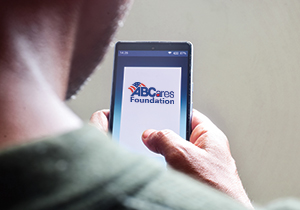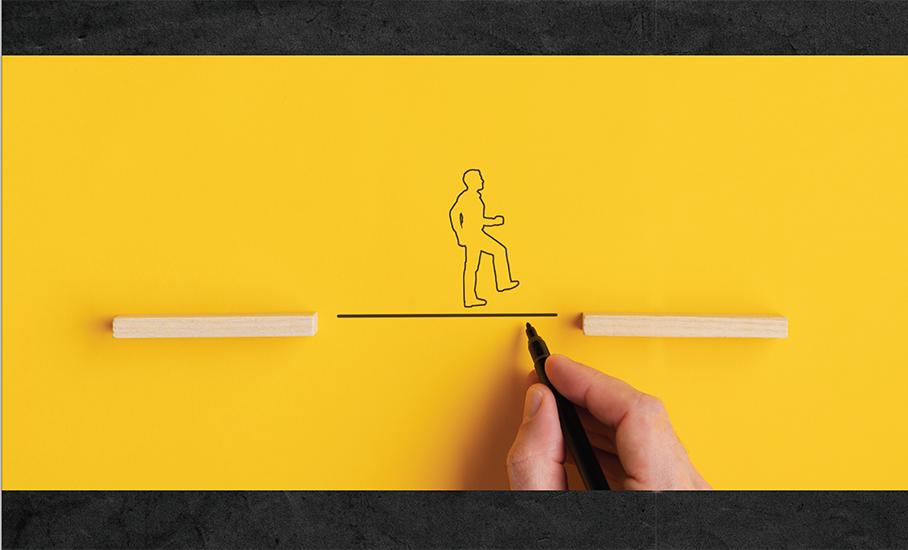Mobile app addresses construction industry mental health crisis

The Associated Builders and Contractors’ Florida East Coast chapter’s charitable arm, the ABC Cares Foundation, has launched a mobile app designed to address mental health challenges faced by construction workers.
Launched in partnership with West Palm Beach, Fla.-based outpatient behavioral health specialty group Harm Reduction Center, the app will provide workers with prompt, confidential access to mental health services. Participating construction companies will display QR codes on their job sites for workers to scan to connect with licensed mental health providers. Upon scanning, workers can schedule in-person appointments within 48 hours, including therapy, case management, psychiatric care and addiction counseling.
The app is designed for individual workers with insurance, but ABC Cares has secured low rates for noninsured workers to ensure affordability of care, according to Sonny Maken, chief operating officer of ABC Florida East Coast.
In 2022, the suicide death rate for construction workers was 2.4 times higher than all industries (46.1 versus 19.5 per 100,000 full-time employees). There were five times more suicide deaths in construction than workplace fatalities that year, the most recently available year of data.
“The statistics are unacceptable,” Peter Dyga, CEO of ABC Cares Foundation, said in a press release. “This partnership is about action: Making mental health care more accessible, which demonstrates our commitment to the safety and well-being of the individuals who build our communities.”
NRCA also offers mental health resources at betoughenough.org.
Questions to ask when choosing construction technology

Many contractors have found gains in productivity through the use of construction technology platforms. Construction Executive suggests elements contractors should keep in mind when browsing construction technology platforms.
- If using an application with artificial intelligence, contractors should verify there is a “toggle off” ability for the AI component, particularly if the company does government work; many government contracts contain a “no AI” contractor clause.
- Construction workers should be building and not doing manual data entry. Consider how many other tools or systems a new construction technology platform can replace and ensure the net result is a productivity gain, not a loss.
- Look at how a platform supports collaboration among all stakeholders. Does it allow seamless communication and have multilingual capabilities?
- Is the platform scalable and adaptable to company growth or for diverse project types? Consider whether it can handle multiple projects and large-scale operations across varied sectors and whether it is capable of adapting to variances in workflows.
- What integrations and compatibility does the platform offer? Does it support application programming interfaces for custom integrations?
- What is the cost structure and return on investment for using the platform? Is pricing transparent?



